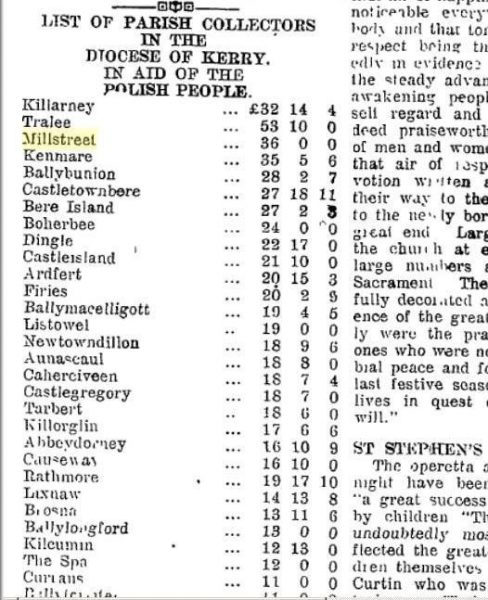This May turn to Our Lady, Queen of Peace for strength and peace. With Covid-19 many people will find this May upsetting and distressing. Prayer to Our Lady each day can be a source of calm, hope and resilience. She will bring your prayer to the ear of the Lord Jesus.
Our glad voices telling
The praise of the loveliest flower of the vale.
O Mary we crown thee with blossoms today,
Queen of the Angels and Queen of the May.
When Our Lady appeared in Knock in August 1879 poverty and disease was common in Ireland. In the years since, Knock has been a place of comfort and hope for Irish people in need. Lourdes also, has been a special place of peace and hope for the sick. The sick, the bereaved and the troubled have consistently turned to Our Lady.
The Gospel speaks of ‘a sword piercing the soul of Mary’. Think of the flight of the Holy Family into Egypt. Think of Mary who stood by the cross as her Son was dying.
With Covid-19, the month of May will not be an easy month. Many people are beginning to feel trapped and frustrated. In their hearts they know that change can only come carefully and gradually. Pope Francis speaks of this time as ‘a time of trial’. [read more …] “This May – a Message from Bishop Ray”

